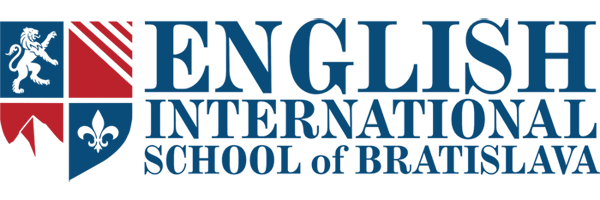ChatGPT Writing Guide for Students
OpenAI, the creators behind ChatGPT have just published the Student Writing Guide. This guide offers practical insights into how ChatGPT can enhance academic writing. The tool isn’t just about drafting essays—it’s a powerful assistant for every stage of the writing process, from brainstorming to final edits. By encouraging thoughtful and ethical usage, the guide highlights how students can boost creativity, improve clarity, and save time while maintaining academic integrity. The guide outlines the key points of how students can ethically use ChatGPT to assist their writing. The key points outlined are as follows:
- Idea Generation
ChatGPT helps brainstorm topics, refine essay ideas, and structure outlines effectively. You can even ask ChatGPT to challenge your thesis, logic, or any arguments you made. This could help you take a step outside of your writing and view the topic from a different perspective or even motivate you to prove ChatGPT’s argument wrong. - Research Assistance
It simplifies complex concepts, summarizes readings, and accelerates the research process. If there is a topic you would like to gather more background research on, or to have a quick summary or review you can ask ChatGPT to help provide a foundational understanding. You can even ask ChatGPT to provide its references so that you can conduct a more detailed investigation. - Draft Refinement
The tool polishes grammar, structure, and coherence, enhancing clarity in academic writing. You can ask ChatGPT to engage in reverse outlining to see if your key points come through in each paragraph. You can then compare this reverse outline with your original and see where adjustments can be made. - Citation Support
ChatGPT formats citations for various styles like APA and MLA, reducing manual effort. While there exist citation machines that will help generate citations for you, ChatGPT has access to many resources to ensure more up-to-date standards regarding citation. However, you should still be aware of how to do these citations in handwritten examinations. - Critical Thinking
Through Socratic questioning and counterarguments, it aids in testing and strengthening ideas. You can engage in conversation with ChatGPT and ask questions prompting it to help strengthen areas of knowledge you may be weaker in. It may help to show you the connection between ideas that you did not previously consider. - Academic Integrity
Transparency is essential; citing ChatGPT ensures ethical usage and supports learning goals.
ChatGPT is a great tool for students, which can help them during the entire writing process. It will help them to brainstorm, generate ideas, and organize content. It simplifies difficult concepts as a research tool, summarizes material, and helps in deeper argument development. During drafting, it enhances grammar, structure, and overall clarity for polished final results. It also streamlines citation formatting for a variety of styles. ChatGPT enhances argument refinement with critical thinking through Socratic dialogue and counterarguments, and it promotes ethical use with its transparency and proper citation features.
Integrating ChatGPT into academic work opens new avenues for students to enhance their writing and analytical skills. It acts as a collaborative partner that not only improves efficiency but also supports intellectual growth. When used ethically and with intention, ChatGPT empowers students to become better writers, thinkers, and learners. By embracing this innovative technology responsibly, students can unlock its full potential while upholding the integrity of their academic pursuits. For further insights, explore OpenAI’s Student Writing Guide.




